China has 'open attitude' towards India-Singapore naval exercise in South China Sea
Fri 19 May 2017, 19:25:54
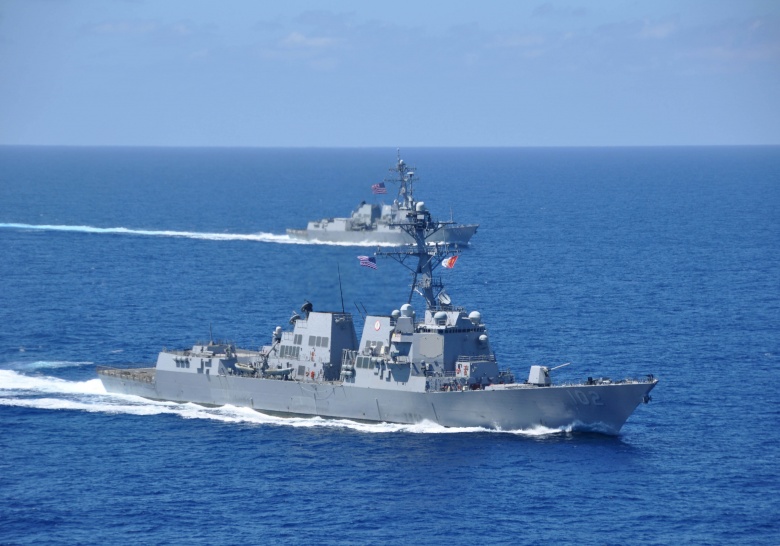
China on Friday reacted to a naval exercise between India and Singapore in the dispute-ridden South China Sea by saying it has an "open attitude" towards exchanges between countries that benefit regional peace and security.
Beijing's reaction came a day after the two countries began their week-long Simbex-17 naval exercise - which will focus on anti-submarine warfare - in the South China Sea, where China is locked in disputes over the ownership of islands and reefs with neighbours such as the Philippines, Malaysia, Vietnam, Brunei and Taiwan.
"If such exercises and cooperation are for the benefit of regional peace and stability, then we have no opposition," foreign ministry spokesperson Hua Chunying told a regular news briefing.
"We hold a very open attitude to normal exchanges between countries," she said when asked to comment on the exercise in the South China Sea, which is claimed by China almost in its entirety.
"We just hope when relevant countries conduct such exchange and cooperation, they should bear in mind such activities not hurt the interests of other countries or have a negative impact on regional peace and stability," she said.
India and Singapore held their first naval exercise in the South China Sea in 2005. Between 1994 and 2004, the two navies held their drills - then called "Lion King" - off the coast of Kochi.
India has sent the warships Shivalik, Sahyadri, Jyoti and Kamorta and a P8-I maritime surveillance and anti-submarine warfare aircraft for
this year's drill. The Singapore Navy was represented by the warships Supreme, Formidable and Victory, Fokker F50 maritime patrol aircraft and RSAF F-16 aircraft. Simbex is an acronym for Singapore-India Maritime Bilateral Exercises.
this year's drill. The Singapore Navy was represented by the warships Supreme, Formidable and Victory, Fokker F50 maritime patrol aircraft and RSAF F-16 aircraft. Simbex is an acronym for Singapore-India Maritime Bilateral Exercises.
"The thrust of exercises at sea this year would be on anti-submarine warfare, integrated operations with surface, air and sub-surface forces, air defence and surface encounter exercises," said a statement from the Indian Navy.
Media reports said a Yuan-class submarine of China's People's Liberation Army-Navy was "picked up" by India's P8-I aircraft as soon as it crossed the Malacca Strait during April 19-20. The submarine was later denied permission by Sri Lanka to dock in one of its harbours, the reports said.
Singapore has military relations with China and India, though Beijing has occasionally been irked with the city state's ties with Taiwan, which it considers a breakaway region.
In November, 2015, India and Singapore signed a revised Defence Cooperation Agreement, deepening cooperation by establishing a defence ministers' dialogue, strengthening maritime cooperation and encouraging cooperation between defence industries.
In January this year, the two sides renewed an agreement to allow the Royal Singapore Air Force (RSAF) to continue joint military training at Kalaikunda air base in West Bengal for another five years. The renewed agreement will provide the RSAF with opportunities to train with India's advanced Su-30 combat jets.
No Comments For This Post, Be first to write a Comment.
Most viewed from National
Most viewed from World
AIMIM News
Latest Urdu News
Most Viewed
May 26, 2020
Can Lionel Messi's visit boost Indian football?
Latest Videos View All
Like Us
Home
About Us
Advertise With Us
All Polls
Epaper Archives
Privacy Policy
Contact Us
Download Etemaad App
© 2026 Etemaad Daily News, All Rights Reserved.


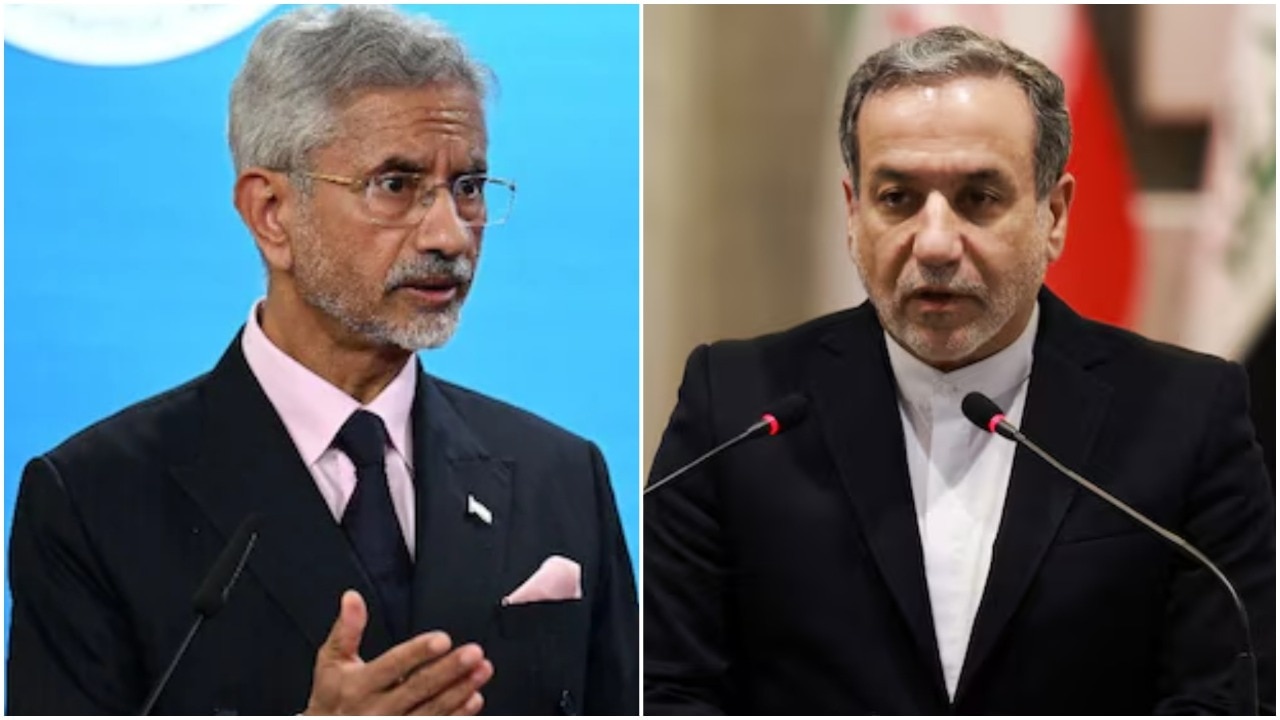

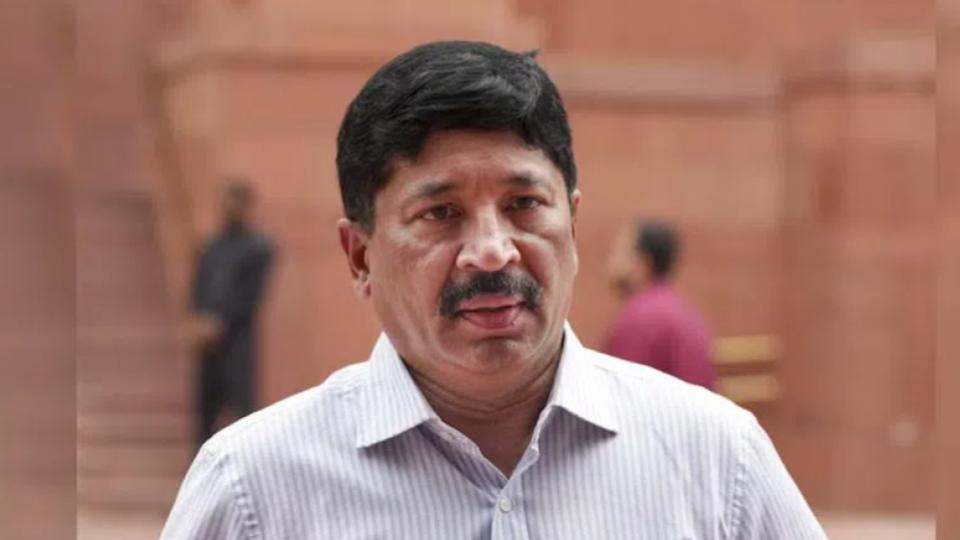
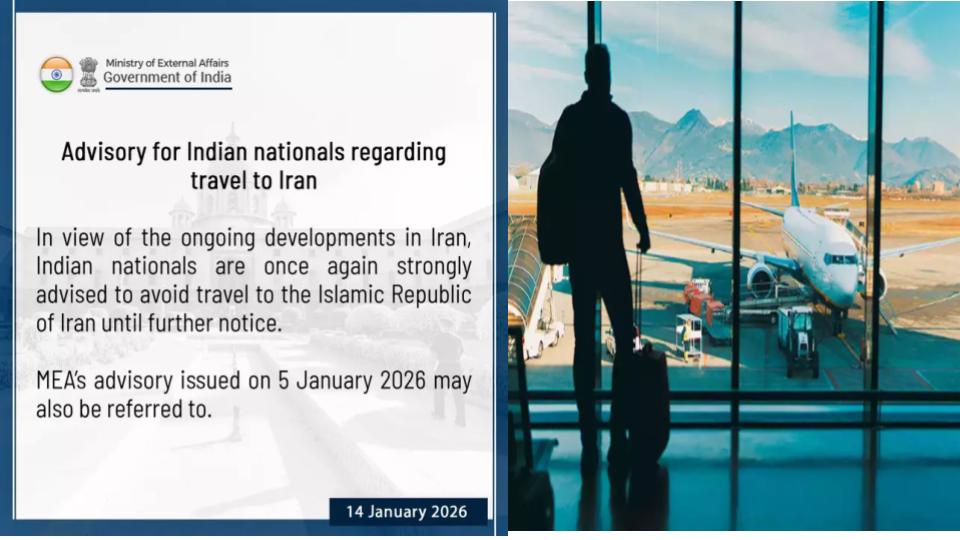


.jpg)


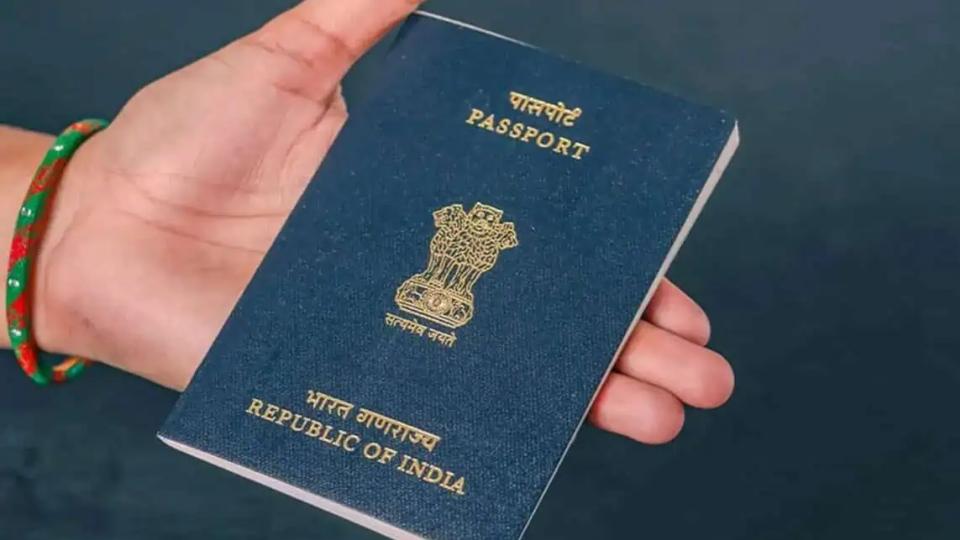
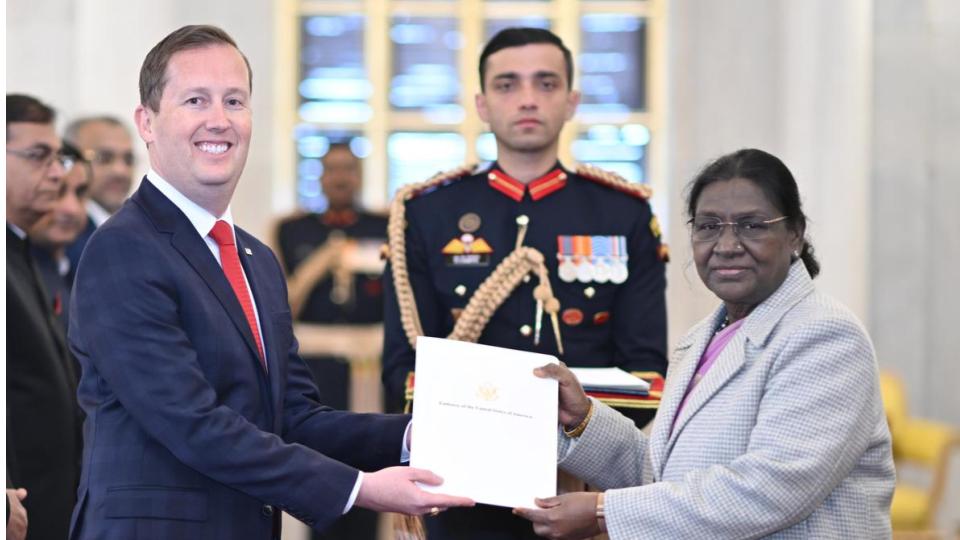
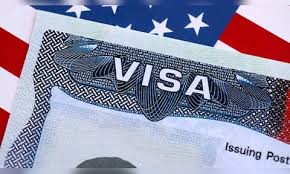
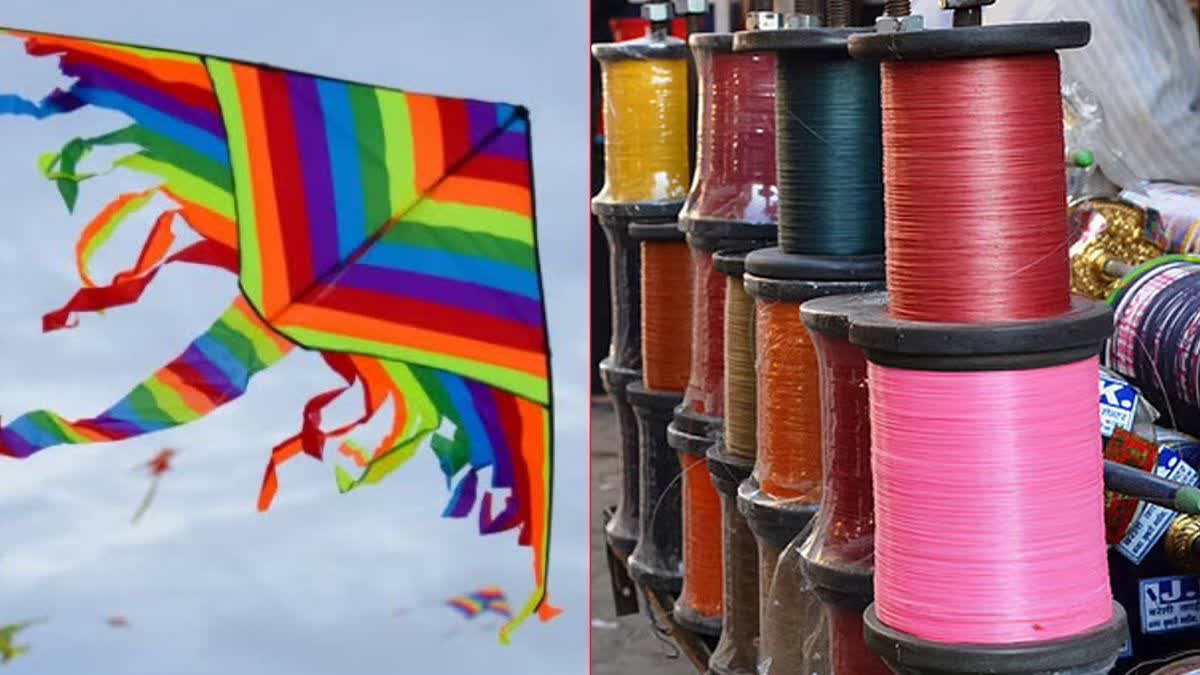



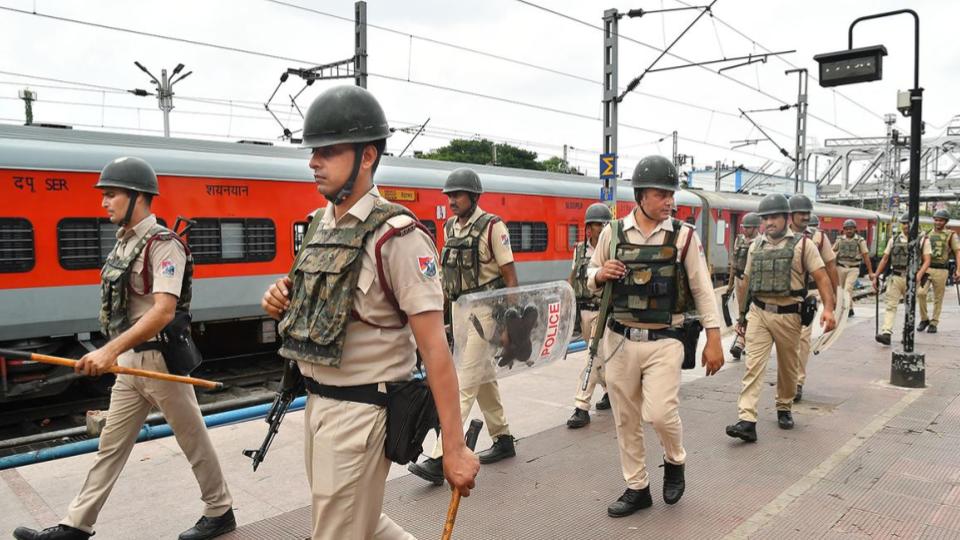

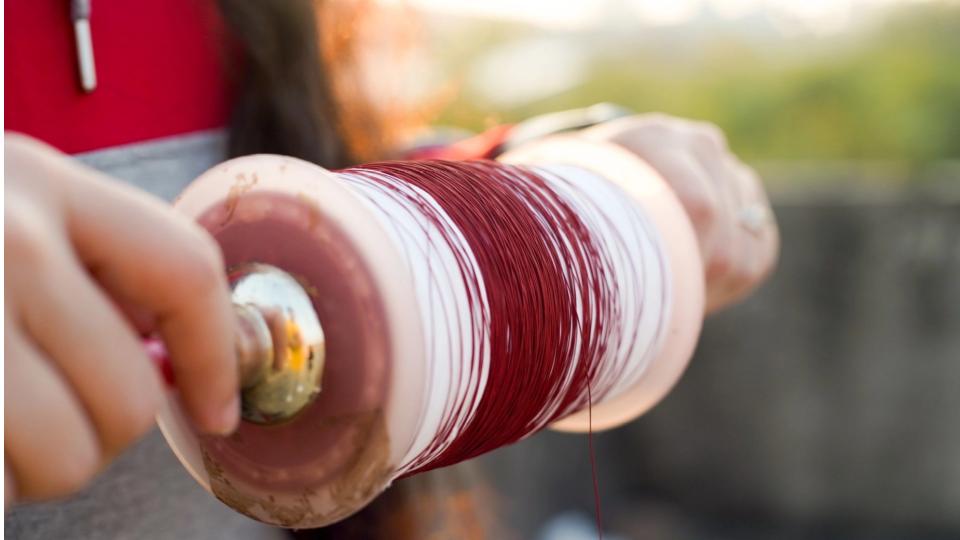
















.jpg)
.jpg)
.jpg)


